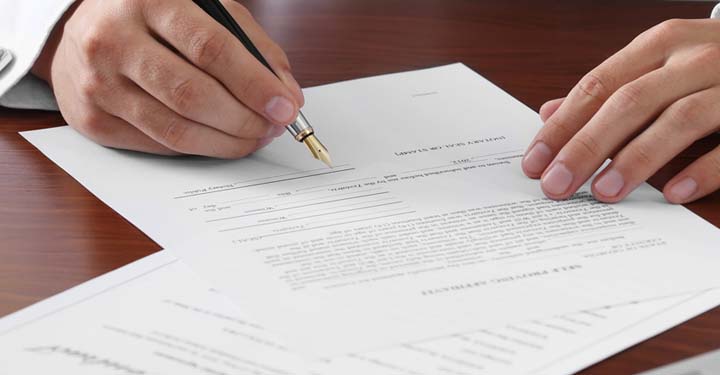According to the American Association of Retired Persons (AARP), more than 60% of Americans do not have any form of trust or estate planning. There are many reasons why they do not have. Some feel like it is too soon to start planning, while others think they cannot afford it as it is an option for wealthy people. At the same time, some think about what will happen to their assets after they are gone. Therefore, prepare a trust estate planning with the help of an accountant in Atlanta, GA, until it is too late.
Why should you consider getting a trust?
It is never too early to get a trust. If you are hesitating, remember that trust will spare your children and other heirs from negotiating with additional costs, countless probates, and red tape headaches. The main reason for forming a trust is to create a peace of mind–for you and your family.
A trust is a contract that determines how you want to allocate your property and other assets after they are gone. That is where a trust’s similarity with a will mostly ends. But they are different in their own way. A trust, for example, is considered a separate legal entity that contains the assets for you. An appointed trustee will look after all the beneficiaries; probate is not required to make such transfers, unlike a will.
Also, the person who builds the trust can choose to be the trustee and manage their affairs for as long as possible.
Do I need to control my assets if they are in a trust?
Yes, the most common trust is the revocable trust. It means that you can have the flexibility to change it any time–to get rid of the entire thing if you decide you do not want it anymore. That is what revocable means.
Because it is revocable during the lifetime, the assets can be treated as yours. You can sell anything listed in the trust and include new assets anytime; your taxes stay the same, and you can take loans on any of the assets. Nothing changes except that you go from maintaining your assets as an individual to holding them in a trust.
What happens if I die without a trust?
The common reason estate plans involve a trust is that they enable you to avoid court. Without a trust, the court and the probate attorneys take the responsibility of performing transfers of assets to the beneficiaries of the deceased person.

